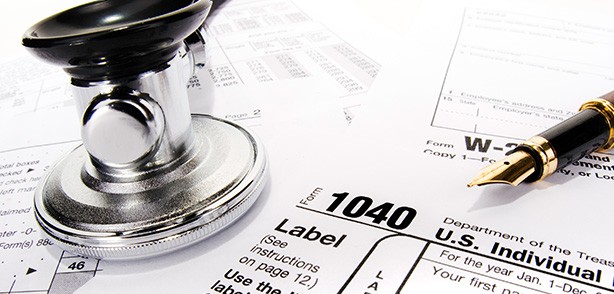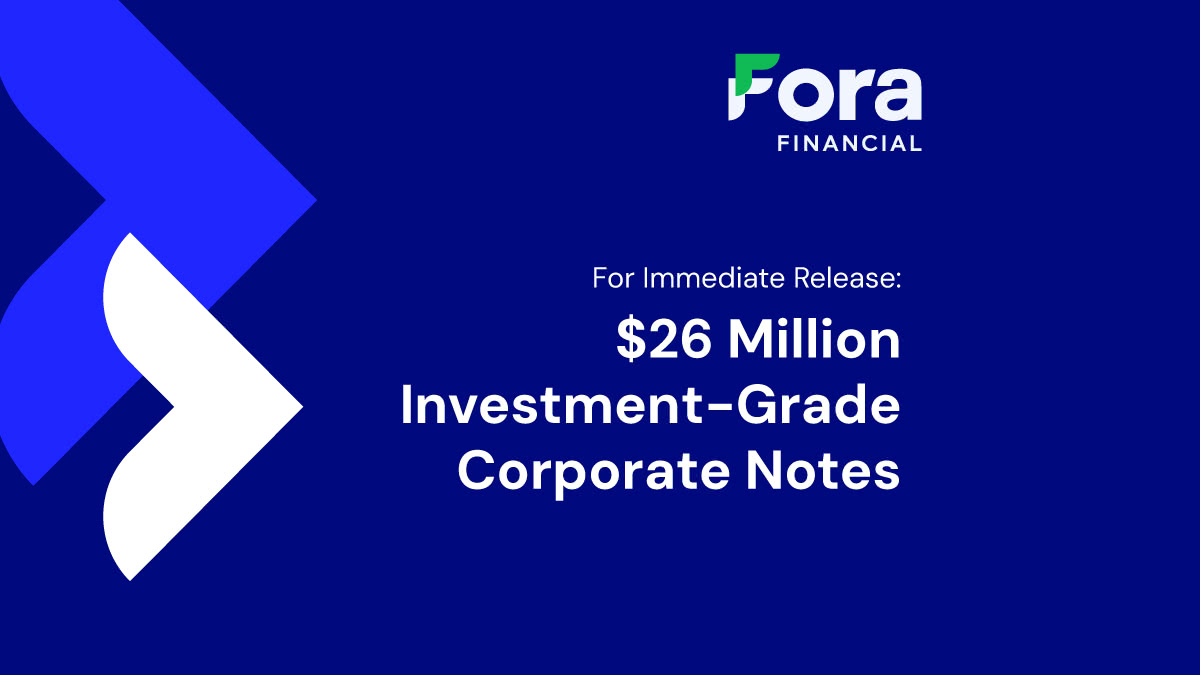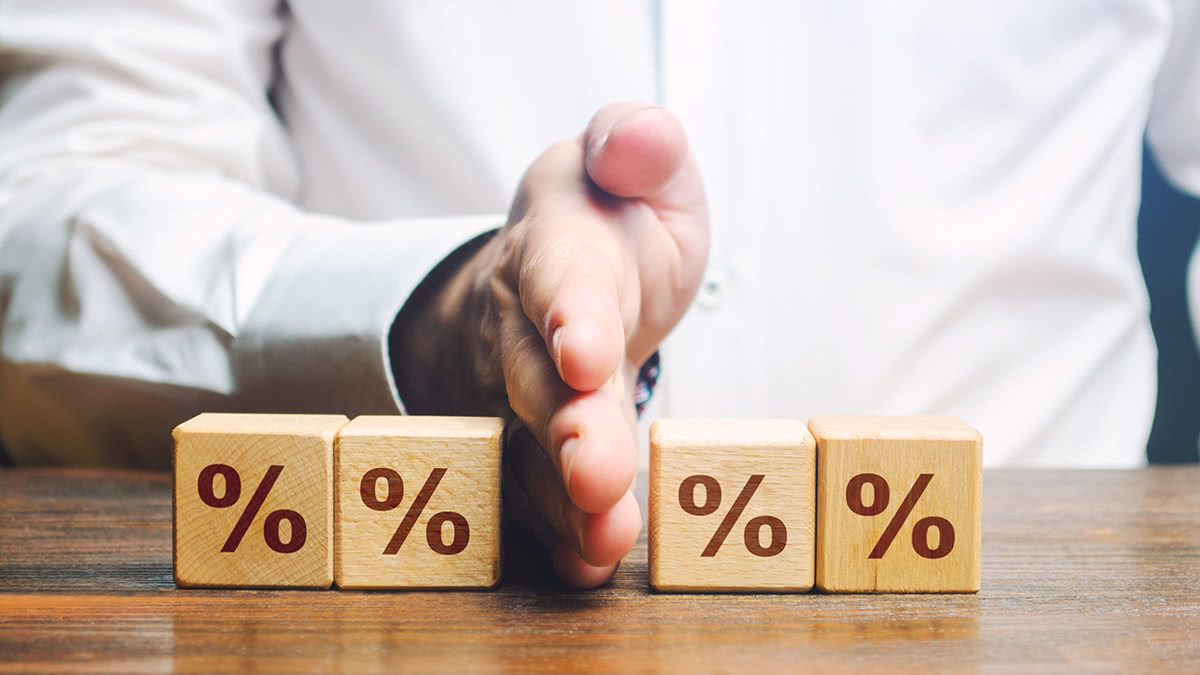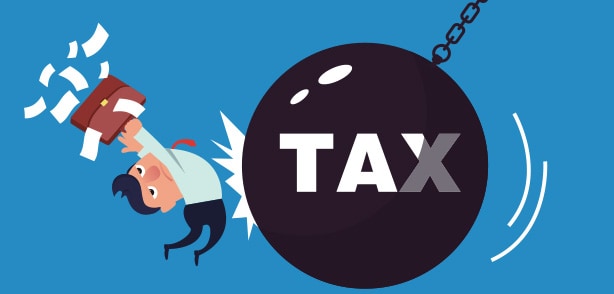Business Equipment Leasing: What Are the Top Pros and Cons?

Nearly every industry requires equipment to properly function. Examples of industries that require significant equipment include, but aren't limited to:
- Restaurants
- Construction firms
- Office-based businesses
- Medical firms
- Manufacturing companies
Although equipment is necessary, it doesn't mean that it's affordable, and many businesses struggle to purchase equipment without financial assistance. Due to this, many business owners turn to equipment leasing companies in order to obtain the machinery that they need.
In this blog post, we'll explain the benefits and downsides of equipment leasing so you can make the best decision for your small business.
What Is Equipment Leasing?
Equipment leasing is an attractive funding option because it helps you relieve the strain on your resources that comes with a large, one-time expense. However, business equipment leasing isn't for everyone and bears risks just like any funding option, so you should understand all the pros and cons.
What Are the Pros and Cons of Equipment Leasing?
The Pros of Equipment Leasing:
1. Less Upfront Cost for Equipment Purchases
One of the most attractive benefits of equipment leasing is that it allows you to spread out the cost of your purchase.
With a lease program, instead of buying your equipment and owning it, monthly payments are due to your leasing company in order to use equipment. The total cost will generally be less than what you would've paid to own the equipment. Plus, you make the lease payments incrementally, usually each month.
This flexible payment option makes equipment leases an attractive funding option for many business owners, especially those that can't afford to pay for equipment upfront. Depending on your lease terms, you could save significantly on repairs–check out this article on How Much Should Heavy Equipment Repair Cost for a realistic breakdown.
2. Easy to Upgrade to Better Models
It's far easier to upgrade to better models when you lease equipment, especially if you're careful about how you structure your rental agreement.
For example, let's say you need a certain type of medical equipment for your doctor's office, but you expect that a better model will be available in two years. Of course, using an old model will put your business at risk of obsolescence, so you want to upgrade once there's a newer model available.
By signing a leasing agreement with a two-year term, you can trade in your old model and upgrade to the new one at the end of your lease. In addition, because you don't own the old equipment model, you won't be responsible for selling it.
3. Greater Flexibility than Other Business Financing Options
Equipment leases are especially useful when you want to purchase a piece of equipment that you're not 100 percent certain that you'll need long term. For instance, a type of equipment that you need now might not be required in the future if your services change.
With traditional equipment financing, or purchasing the equipment outright, you run the risk of getting stuck with equipment that you only need in the short term. However, with most types of equipment lease financing, you'll have flexibility to get rid of equipment that becomes unnecessary by the end of your lease term.
The Cons of Equipment Leasing:
1. You Don't Own the Equipment
Owning equipment comes with certain benefits, such as tax credits. However, if you lease equipment, you may not get those benefits. Also, when you lease equipment rather than own it, the value of that asset isn't on your books.
Of course, in some cases, this can be a good thing, but it may also scare off other business lenders or potential investors because they see your lease as a liability.
2. You're Paying Interest
While leasing equipment isn't the same as an equipment loan, you'll likely still have to make interest payments during the course of your lease period.
The average interest rates for equipment leases vary, but generally, you're going to pay around a 5 percent APR.
Obviously, if you purchase the equipment outright, you can avoid paying interest, but you'll face a potential disruption to your cash flow. In addition, you'll responsible for paying repairs and other maintenance costs.
Due to these expenses that come with purchasing equipment, it could be less expensive to pay the interest on a lease. However, that all depends on your business's current financial situation. Before committing to a lease or loan, you should compare the costs associated with both options.
3. Limited Accessibility for New Business Owners
If you own a brand-new business, you may run into some difficulty obtaining this type of lease. In many cases, this holds true even if you have a solid credit history and an otherwise good financial track record.
If you're a new business owner and need an equipment lease, you may have to pay more upfront or provide other concessions to the lessor to get the deal done. Due to this, it might not be worthwhile for you to pursue an equipment lease. If possible, you should try to wait until your business has been operational for some time, then pursue equipment financing options.
Is Equipment Leasing Right for Your Business?
While the value of any given equipment lease depends on the lessor's terms and conditions, the most important thing to consider is your business's financial situation. For example, even if you have significant cash flow, if the equipment you buy is going to be obsolete in a year, a lease may make the most sense.
Plus, if a lease is more expensive in terms of total dollars, spreading the cost of that purchase may provide valuable flexibility for your business in the future.
As you can see, there are too many factors unique to your business for anyone to make a definitive statement either way regarding whether you should lease. That's why seeking council from a financial advisor or mentor could help you make the most responsible decision possible.
With a little self-evaluation and research on the pros and cons outlined in this post, you'll discover the right solution for your small business.
Also, remember that there are other working capital options available that you can use to acquire equipment. These options include:
- Small business loans
- Lines of credit
- Business credit cards
- Cash advances
- Inventory loans
Editor's Note: This post was updated for accuracy and comprehensiveness in March 2022.
Since 2008, Fora Financial has distributed $4 billion to 55,000 businesses. Click here or call (877) 419-3568 for more information on how Fora Financial's working capital solutions can help your business thrive.






